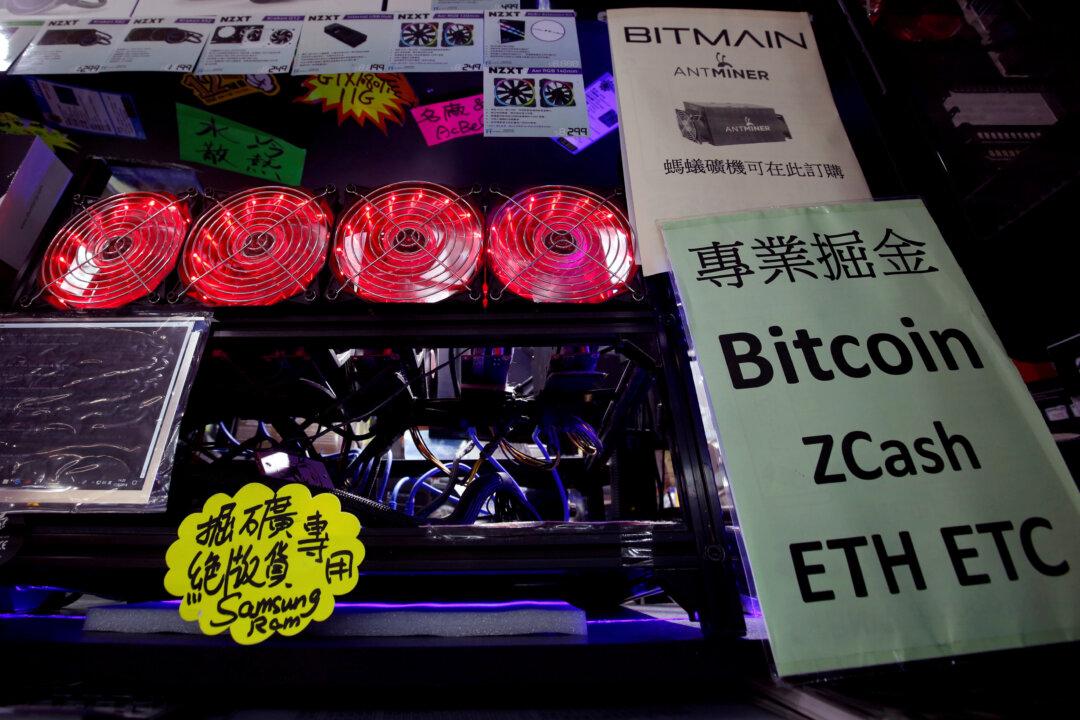News Analysis
A number of articles have claimed that China is the first country to launch a sovereign cryptocurrency, but this is not exactly true.

A number of articles have claimed that China is the first country to launch a sovereign cryptocurrency, but this is not exactly true.